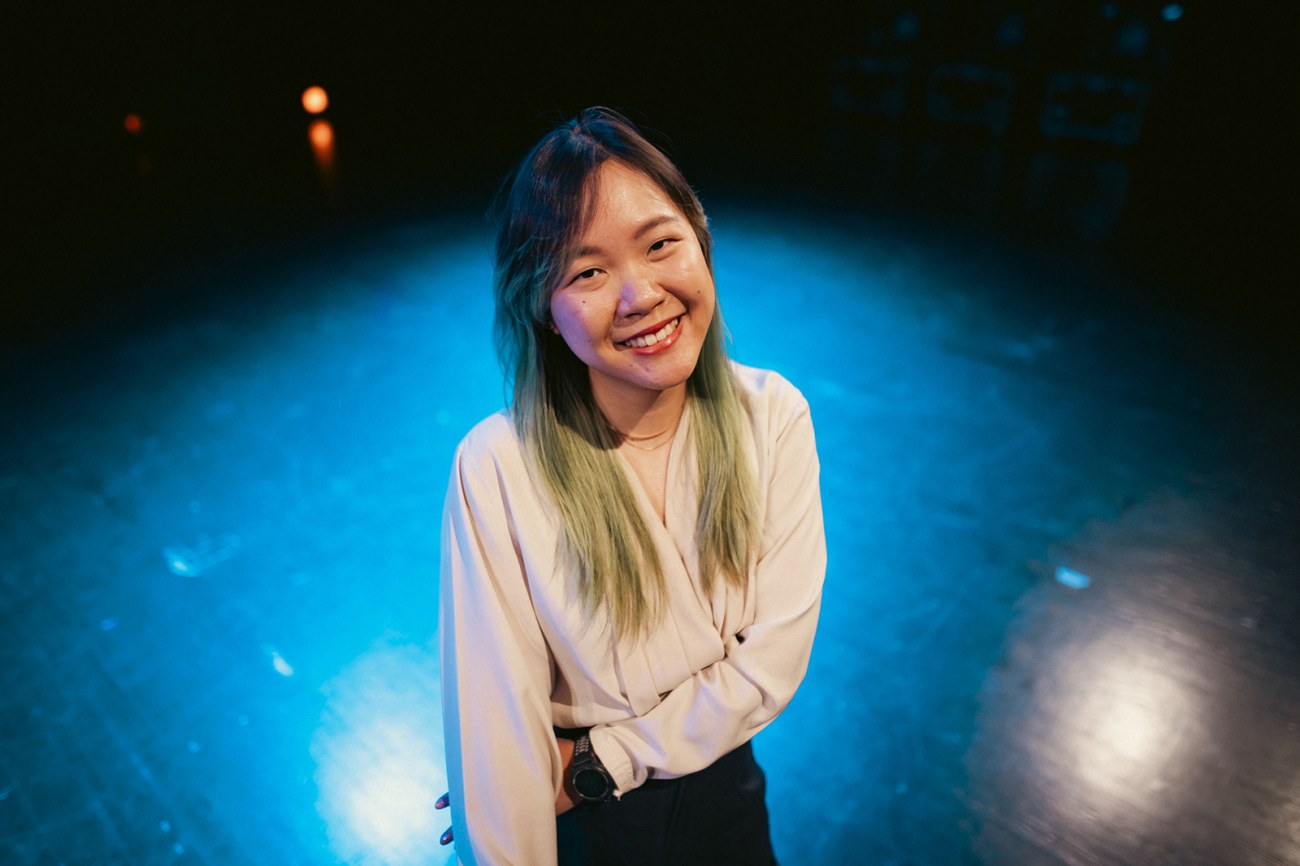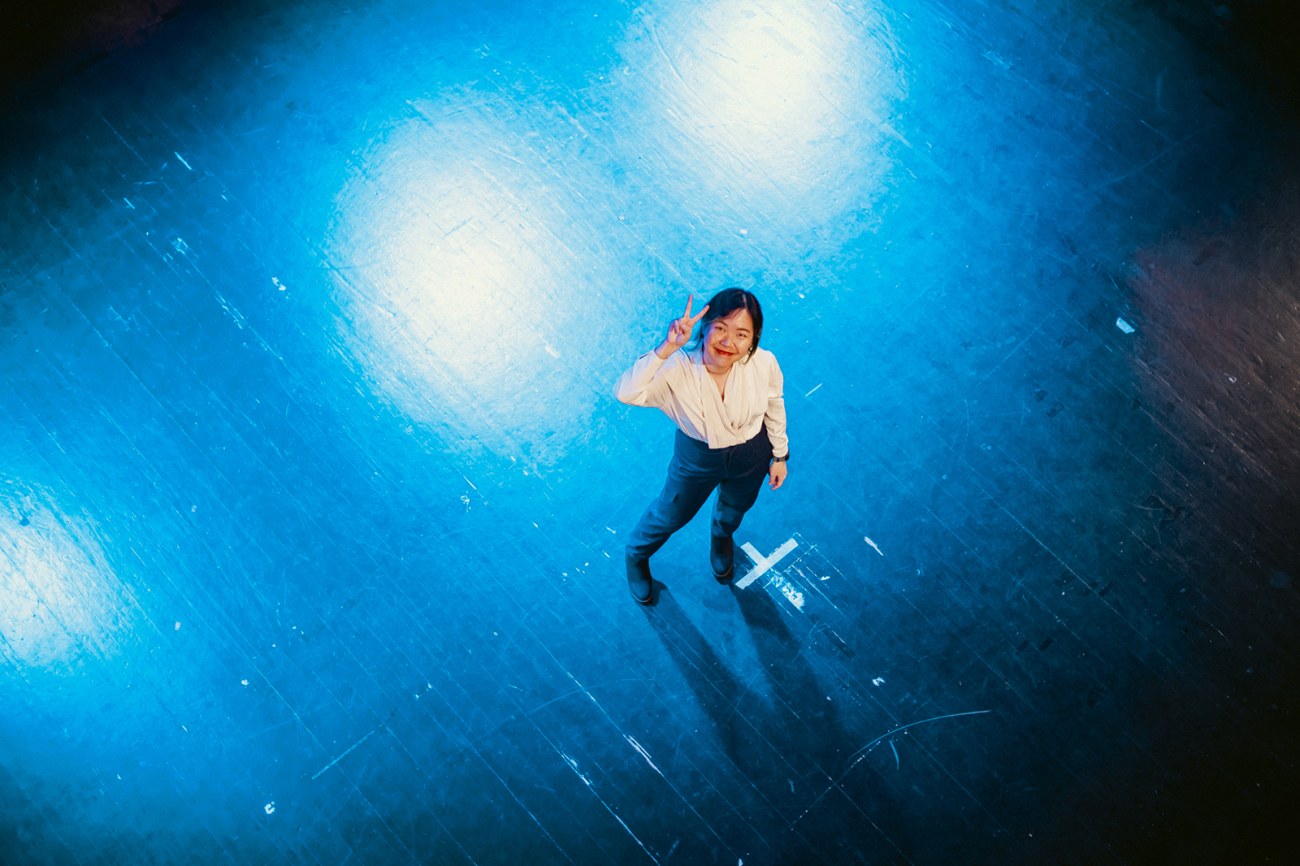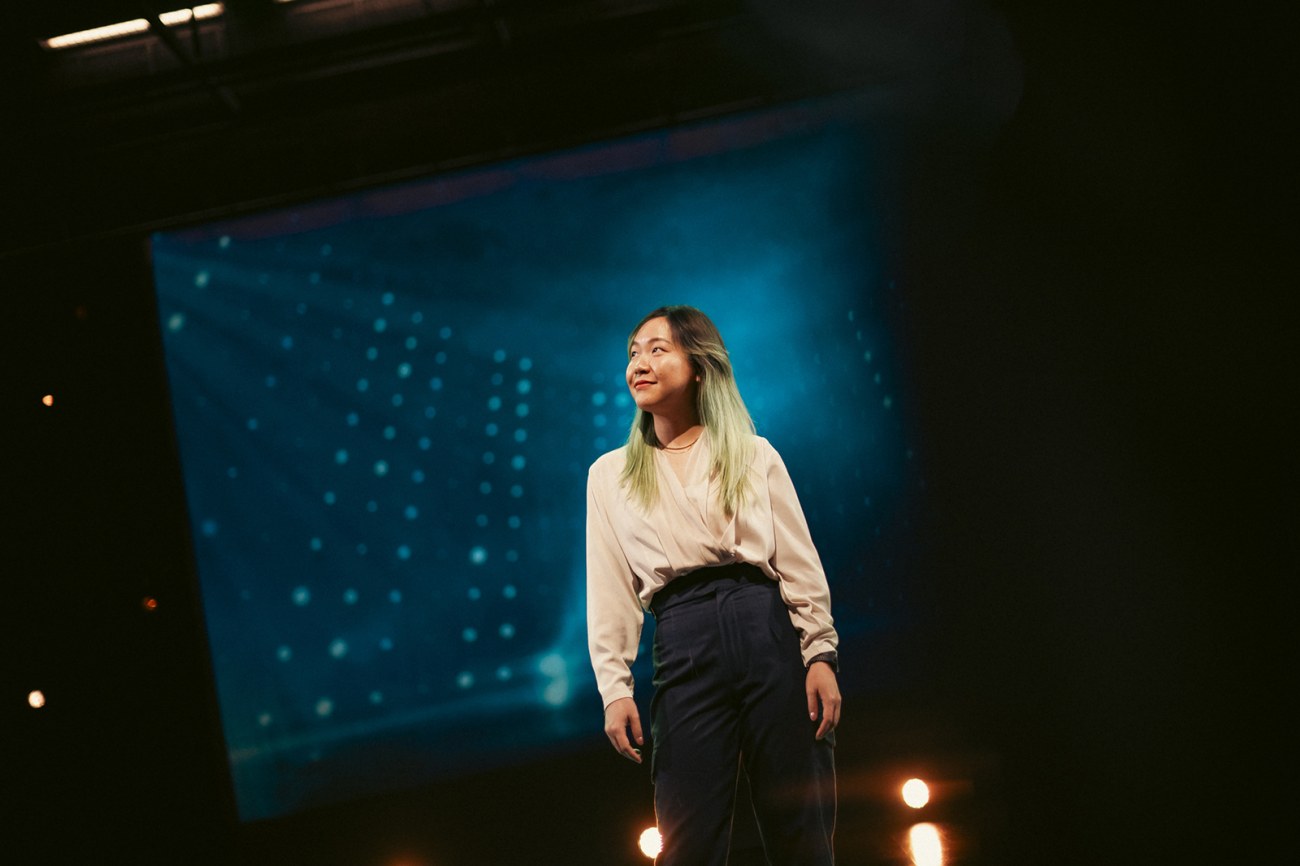Tippayaporn Pavavimol seeks to bridge physical and virtual worlds with extended reality

“Observing the influence of technology on shaping our lives and its ability to transform how we connect, learn, work, and live in the world sparked my passion for the intersection of technology and humanity,” says Tippayaporn “Anns” Pavavimol.
At 30 years old and hailing from Bangkok, Thailand, Pavavimol is a doctoral researcher at Tampere University. In her work, she blends media, communication, and emerging technologies, focusing on how media design in extended reality (XR) can enhance human experiences.
Pavavimol’s background is rooted in traditional media. With a BA in Communication Arts from Chulalongkorn University, Thailand, and an MA in Media Studies from Maastricht University, Netherlands, she has always been fascinated by the media's role in shaping human behaviour and perspectives. Her early work in traditional media, focusing on television and radio broadcasting, equipped her with the skills necessary for a career in the media industry. However, it was her curiosity about emerging media technologies that propelled her towards further studies and research.

“I’ve always been interested in how media technology evolves and its potential to recast human-technology relations, rewriting the future of humanity,” Pavavimol explains. Her passion for exploring new media's social impacts led her to pursue advanced studies in Europe, where she delved into digital media's role in social innovation.
Pavavimol’s current research focus lies in the realm of extended reality, an area experiencing significant growth and potential. Her primary interest is in media design within XR, including content creation and consumption. Pavavimol aims to develop new XR applications that offer seamless experiences by bridging the gap between physical and virtual worlds.
Her research project, Multi-Reality in the Wild: The Futures of Seamless XR Storytelling Powered by Wireless Technology Innovation, aims to broaden the area of extended reality creation in two directions: towards a new form of storytelling and an XR device that smoothly takes audiences from the real world to the virtual world and back.
The applications of Pavavimol's research extend to areas such as cultural heritage, games and education, providing immersive augmented reality experiences that transcend platform boundaries.

Pavavimol chose to join the CONVERGENCE project at Tampere University due to its unique multidisciplinary environment. The project brings together academics from Social Sciences and Humanities and Engineering to tackle complex, real-world problems creatively. “I genuinely believe that together we can achieve greater creativity and address today's complex issues,” Pavavimol says. “It’s a perfect learning and working environment that I dream of.”
Looking ahead, Pavavimol envisions a future where human-machine interaction is enriched by immersive technologies. She believes AI and machine learning will be integrated into XR devices, enabling machines to better understand human needs and provide personalised interactions. “Technology should be approached with a human-centric perspective to drive positive changes for humanity,” she emphasises.
In her own words, “I see technology as a creative partner that can help execute impactful projects. By exploring the intersection of technology and humanity, I hope to create something new for society.”
 Photo: Antti Yrjönen
Photo: Antti YrjönenEach CONVERGENCE doctoral researcher has two main supervisors. The main supervisors of Pavavimoli are Mattia Thibault ja Mikko Valkama and the additional supervisor Aleksandr Ometov.
This series of articles introduces the doctoral researchers of the CONVERGENCE project at Tampere University, an initiative blending natural sciences and engineering with social sciences and humanities. CONVERGENCE aims to bridge the gap between technology and humanity, exploring areas like affective computing, augmented reality, and AI. You can read more on the project website.
Funded by the Jane and Aatos Erkko Foundation.
Text and photos by Antti Yrjönen
Stage and lights by Carlos Portilla Lopez
Venue Teatterimonttu, Tampere University, City Centre Campus

















